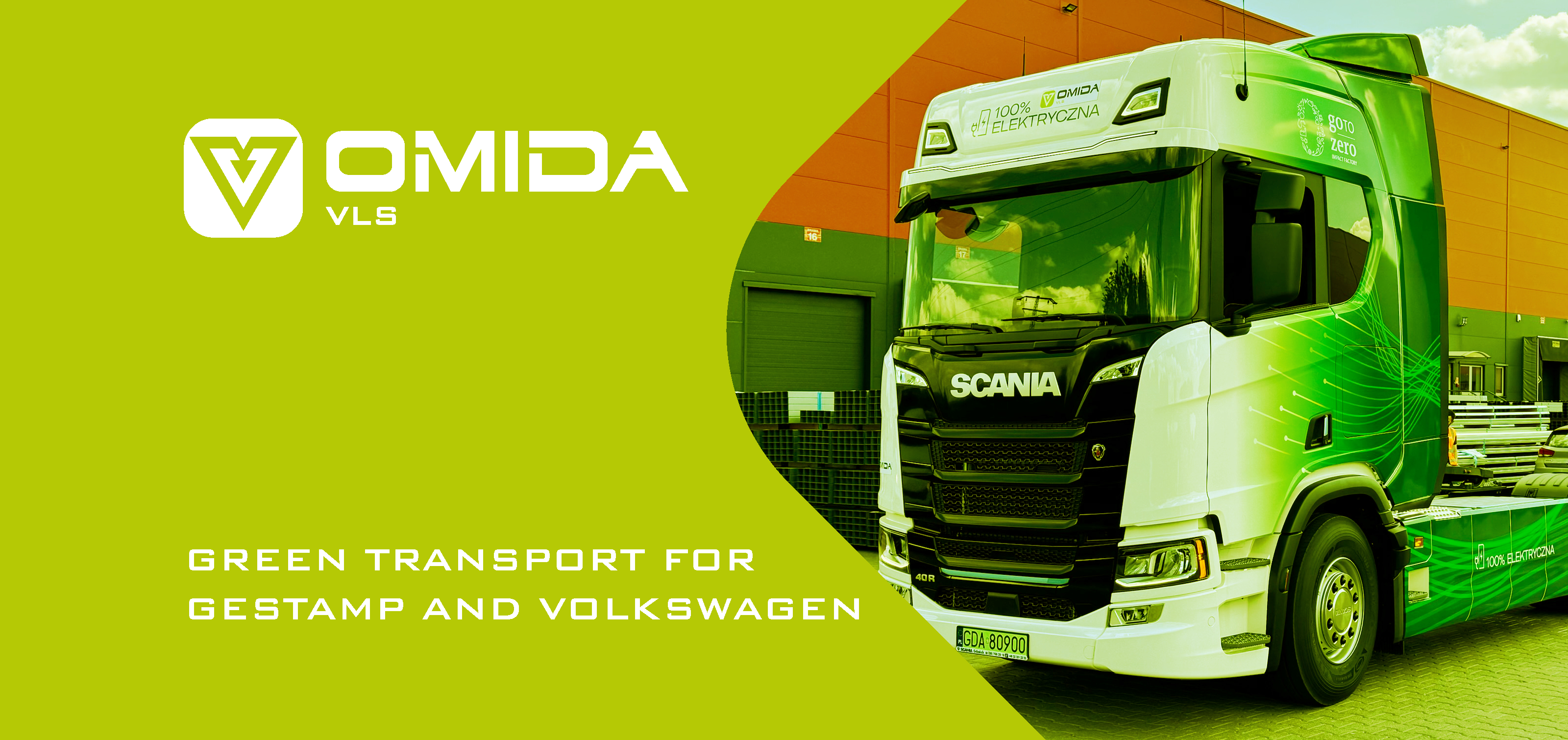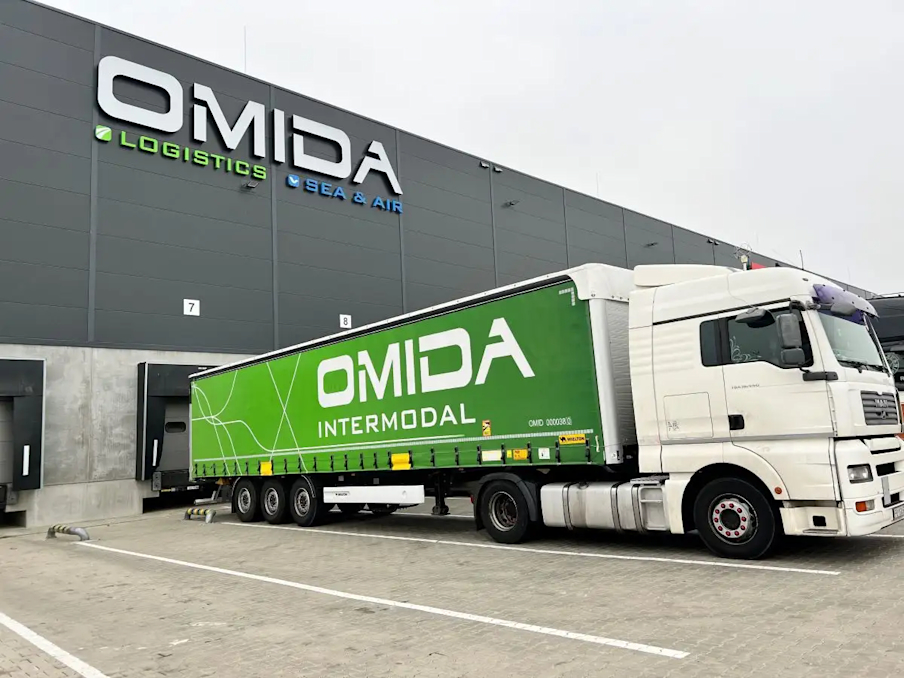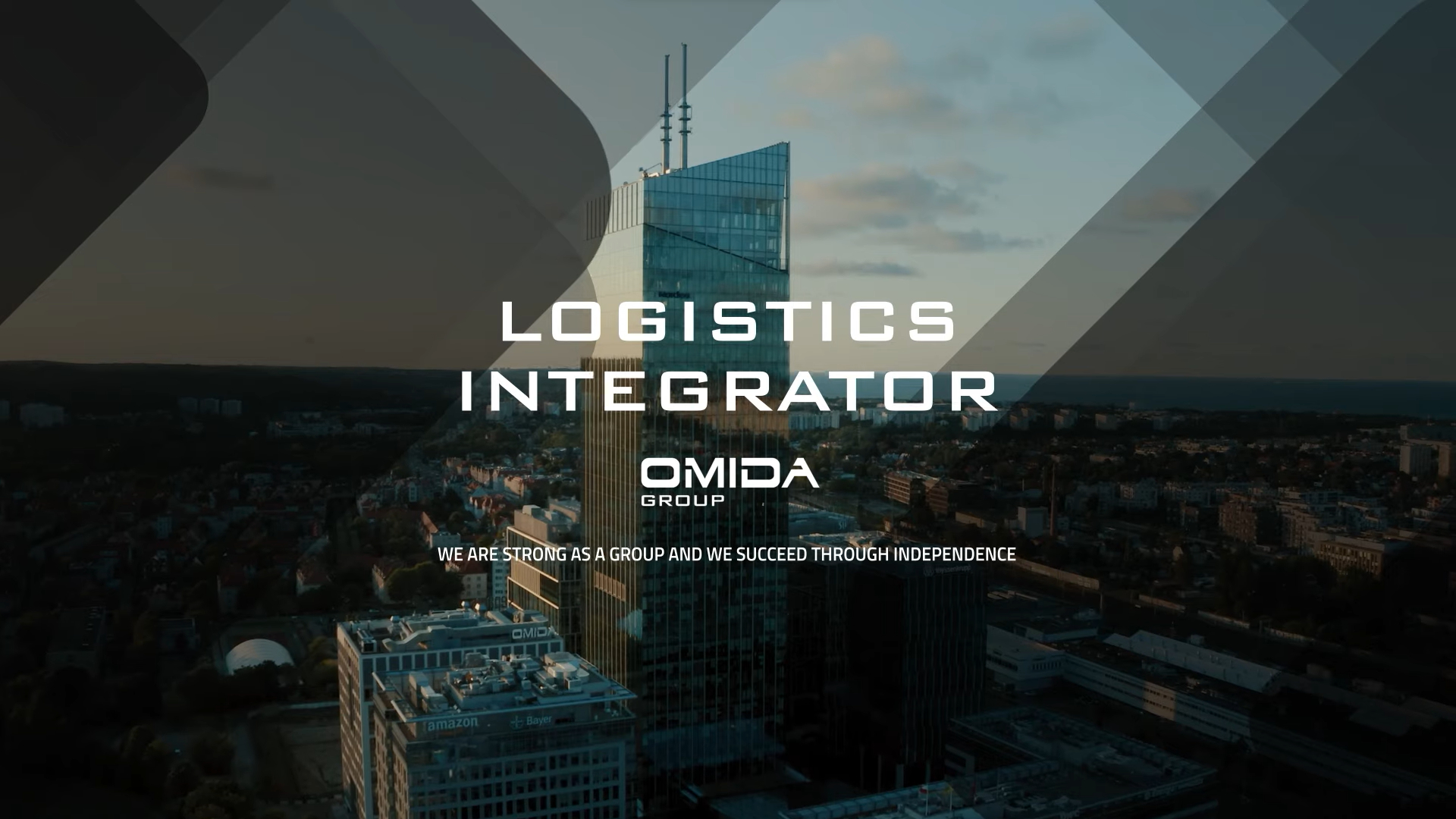Ecology as a major factor in the development of the company in 2023
Ecology is not only a timely topic, but also a major factor in the company's development in 2023. Growing environmental awareness among customers and regulations on natural resources and pollution are forcing the implementation of better environmental practices.
Innovations in green transport in 2023
Many companies are innovating in green transport to minimize their environmental impact. Industrial companies are introducing electric cars to reduce carbon emissions. Other companies are introducing the use of solar energy to power cars and other vehicles. All of these innovations are helping to reduce the industry's environmental impact, and their continuous improvement will ensure that CO2 emissions into the atmosphere are reduced. Our company is using innovation continuously, with an eye on both transport and warehouse space.
Also innovating in 2023 was the introduction of the “Ready for 55” package. In the EU's green transformation under the FIT FOR 55 package, intermodal transport plays a significant role by providing sustainable and efficient logistics solutions. By integrating different modes of transport, shifting to greener options, utilizing infrastructure, ensuring efficient operations and complying with EU initiatives, intermodal transport contributes to reducing greenhouse gas emissions and building a more sustainable future. As Omida VLS, we are committed to embracing intermodal solutions and working with our partners to jointly accelerate the transformation to a greener and more resilient transport sector in the EU.
Revolutionary application of green warehouses and a green fleet
Demand for green warehouses has increased in recent years. Green warehouses are warehouses that are designed to minimize environmental impact. By increasing its storage area to 11,000 sqm, our warehouse in Wypędy has gained the ability to serve more customers who rely on ecology. The popularity of this type of warehouse has been based on the use of the following factors:
-
renewable and recycled materials,
-
solar energy for lighting (photovoltaic panels on the entire roof area),
-
energy technology to optimize energy consumption,
-
water recovery technology,
-
optimization of processes that use warehouse space.
As with warehouses, many companies are introducing a green fleet. At Omida, we use Intermodal Transport for this purpose, which allows us to reduce emissions of harmful substances to our health and the planet by up to 60%. Using Intermodal Transport, we are able to perform transport to Belgium, the Netherlands, France, Germany, Spain and Romania. In the future, we plan to expand Intermodal connections to other countries, having an even greater impact on global ecology.
Omida VLS as an eco-friendly business partner
Due to the increasing awareness of ecology, we have decided to become an ecological transport partner. Our company has passed the ISO 9001 and ISO 14001 certification audit, both documents issued by the International Organization for Standardization, informing that our company's activities are environmentally friendly and take into account many aspects related to sustainability policies.
What will green transport look like in 2023?
Green transport in 2023 will focus primarily on the use of renewable energy. The concept of electric tractors will be developed - Volvo has so far created an electric-powered Volvo FM Electric test unit. New developments we've seen so far include the addition of an eco driving feature for the same route in Google Maps based on data from the National Renewable Energy Laboratory, which operates within the U.S. Department of Energy.
Eco driving and all concepts related to green transport have begun to exert increasing pressure to match current trends and methods of transporting cargo. Ecology will be a major factor that will have a real impact on the company's development. With modern measures, Omida is using a policy of sustainable development, based on ecological solutions. This is a necessary step towards improving social and economic conditions given the expansion of activities of the green transport sector, increasing the relevance of ecological warehouses and processes related to e-commerce logistics - using the Wypędy warehouse, as well as further pro-ecological activities.

Green car fleet management
Green fleet management is a process that involves minimizing the environmental impact of a company's operations by reducing greenhouse gas emissions and natural resource consumption. In order to implement such solutions, businesses should take into account many factors, such as the selection of cars, control of fuel use, maintenance of the fleet, and constant monitoring of exhaust emissions. Car selection is one of the most important steps in green fleet management. An increasing number of companies are opting for hybrid or electric cars, which use less fuel or emit no emissions at all. Moreover, many companies are investing in the development of electric vehicle charging infrastructure.

What are the characteristics of a sustainable vehicle fleet management strategy?
A sustainable vehicle fleet management strategy is characterized by an approach based on balancing three aspects: economic, social and environmental.
The economic aspect concerns fleet efficiency and maintenance costs. Businesses strive to find the optimal balance between operating costs and efficiency, while minimizing environmental impact. Measures to achieve this include choosing more energy-efficient vehicles, monitoring fuel consumption and fleet maintenance costs, and implementing telematics systems for efficient fleet management.
The social aspect addresses the impact of the vehicle fleet on employees, customers and the local community. As part of this strategy, businesses strive to create a friendly work environment for drivers, as well as ensure the safety and comfort of customers using transport services. In addition, they strive to have a positive impact on the local community by minimizing the negative environmental impact of the vehicle fleet.
The environmental aspect refers to the fleet's impact on the environment. As part of this strategy, businesses strive to minimize greenhouse gas emissions, reduce fuel consumption, and ensure the proper disposal of waste generated by fleet operations. Measures to achieve this goal includes choosing cars with lower emissions, selecting electric cars, training drivers in eco-driving and investing in the development of electric vehicle charging infrastructure.
In summary, a sustainable fleet management strategy is characterized by an approach based on balancing economic, social and environmental aspects, while minimizing environmental impact.

Driver training in green driving
Driver training is an essential part of introducing a green vehicle fleet. Drivers should be aware of how their behavior behind the wheel affects the environment, as well as what driving techniques they can use to reduce emissions and fuel consumption.
As part of the training, drivers learn how to optimize their speed, change gears at the right moment, avoid long engine stops and plan their route, among other things. Such simple techniques help reduce harmful emissions and lower costs associated with car operation.
Does eco-driving reduce the risk of accidents?
Green driving, or the use of driving techniques that reduce fuel consumption and emissions, may reduce the risk of traffic accidents, but this has yet to be confirmed by scientific research.
Using an eco-friendly driving style, such as driving smoothly, reducing speed, anticipating traffic in advance, or using the brakes properly, can reduce the risk of traffic accidents. Smooth driving avoids sudden maneuvers, which in turn reduces the risk of collisions and accidents. In addition, reducing speed also improves road safety, as drivers have more time to react to sudden situations.
Ultimately, the risk of traffic accidents depends on a number of factors, including driver skill, road conditions and the behavior of other road users. Green driving can help reduce the risk of traffic accidents, but it does not guarantee it 100 percent.

What is the importance of a green car fleet?
A green car fleet has many meanings and benefits for the environment, the company and society as a whole.
First, a green car fleet contributes to reducing harmful emissions and lowering environmental impact. Cars that emit less harmful substances and consume less fuel contribute to improving air quality and reducing the negative impact on the climate.
Secondly, a green car fleet saves businesses money. The use of eco-friendly driving techniques, the selection of more energy-efficient cars and the control of fuel consumption all contribute to reducing the costs associated with operating a car fleet.
Third, a green car fleet affects the image of the company. More and more customers are choosing to work with companies that care about the environment and engage in environmentally friendly activities. Thus, a green car fleet can help improve a company's image and attract new customers.
In general, a green car fleet has a positive impact on the environment, the company's budget and its image. Therefore, more and more companies are choosing to incorporate green solutions into their car fleets, and driver training in green driving techniques is becoming increasingly popular.

Reducing CO2 emissions: eco-fleet
The use of telematics in vehicle fleets can help reduce carbon dioxide (CO2) emissions by optimizing fuel use and reducing time spent on the road. In practice, savings depend on several factors, such as the size of the fleet, the types of vehicles used, drivers' driving styles and traffic conditions.
By how much can carbon dioxide (CO2) emissions be reduced by implementing telematics into a fleet?
According to various estimates, the savings from implementing telematics into a fleet can range from 5% to as much as 30% of CO2 emissions. For example, according to a study by Green Road Technologies, deploying a telematics system to a fleet of 50 vehicles can result in a reduction in CO2 emissions of about 72 tons per year. And according to another company, Geotab, implementing telematics into a fleet of 100 vehicles can result in savings of 25 tons of CO2 per year.
However, it is worth remembering that the savings from implementing telematics depend on a number of factors and can vary depending on specific conditions. In addition, the implementation of telematics requires certain costs, such as the purchase and installation of equipment, employee training and subscription fees for the system.

Does replacing cars with green ones translate into fleet safety?
Many modern green vehicles are equipped with advanced safety systems, such as emergency braking, traction control and stabilization systems, blind spot sensors and collision warning systems. Therefore, replacing cars with green models can help improve fleet safety.
In addition, modern green vehicles often have better visibility, so drivers have better control of the vehicle and can more easily avoid dangerous situations on the road. Many green cars also have more advanced vehicle health monitoring systems, which can detect defects earlier and avoid breakdowns on the road.
Replacing vehicles with green models can also help reduce the number of traffic accidents due to reduced speeds and increased caution on the part of drivers who are more aware of the environmental impact of their behavior and realize the need to be careful on the road.
However, it is worth remembering that the safety of a vehicle fleet also depends on other factors, such as the driving style of drivers, road conditions and the technical condition of vehicles, so it is important to conduct regular driver training and ensure that the fleet is kept in good working order.
Omida VLS - a reliable logistics partner
Ecology is a key aspect in the logistics industry, encompassing both transport processes and cargo management. Sustainable transport is not only about taking care of the environment, but also about efficient resource management. At Omida VLS, we make sure our operations are as environmentally friendly as possible - from optimizing routes, to packing cargo efficiently, to using modern technology. Contact us today for comprehensive transport solutions tailored to your needs.



